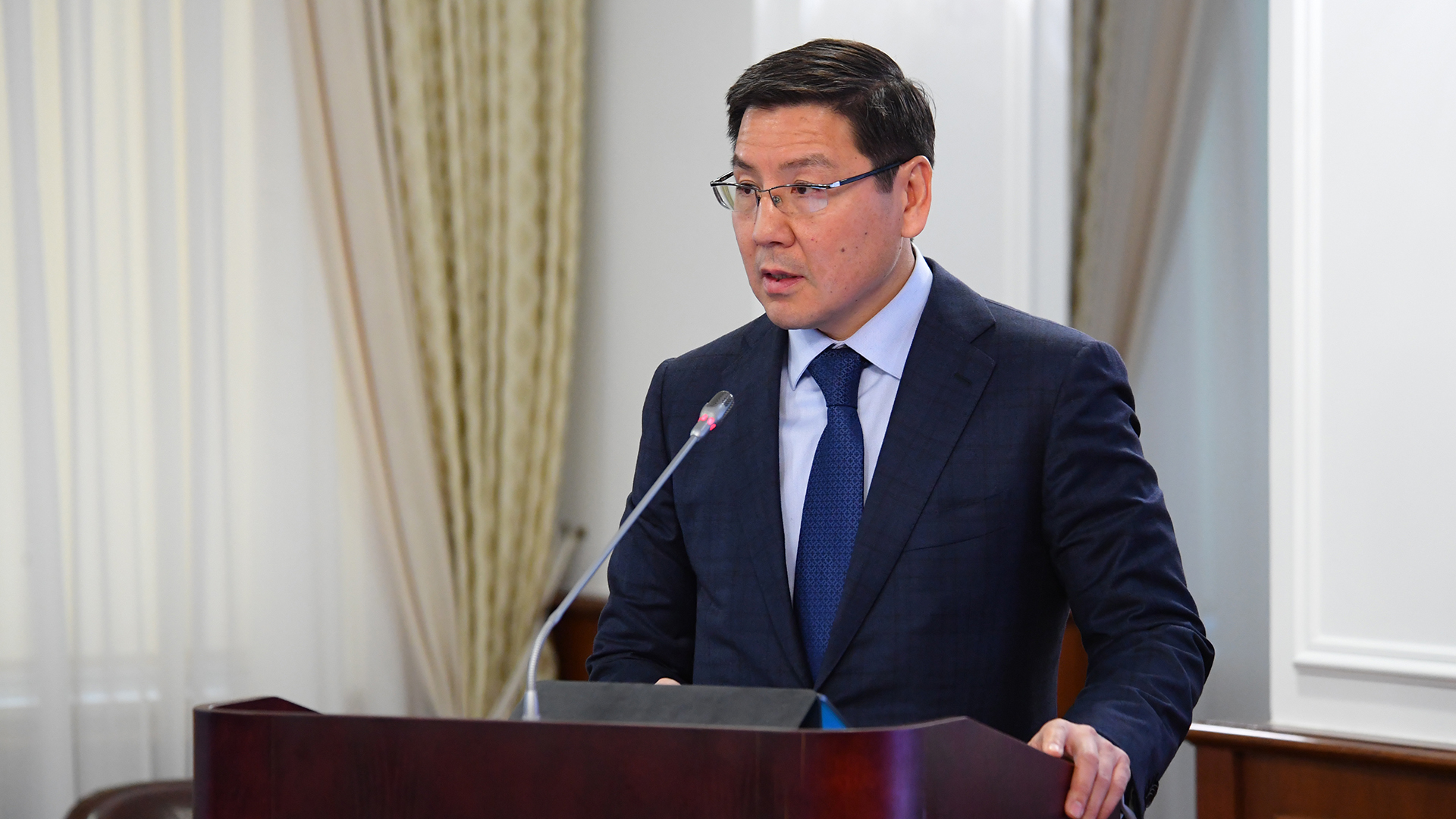30 June 2020, 13:18

At the government session chaired by Prime Minister Askar Mamin, Minister of Digital Development, Innovation and Aerospace Industry Askar Zhumagaliyev reported on the work being done to develop human capital.
In the Digital Kazakhstan State Program, the development of human capital is defined as one of five important areas. In general, human capital has a great influence on the development of the country's economy.
To date, the digital literacy rate in Kazakhstan is 82.1%. Thanks to this high rate, the country is achieving good digitalization results.
“In general, due to the development of human capital in the IT sector, today the total economic effect of digitalization amounted to 802.5 billion tenge. More than 120 thousand jobs in various industries have been created. About 38 billion investments were attracted to domestic startups. There are good achievements in international rankings. This work will be continued further,” the minister informed.
Today, as part of the execution of instructions of the Head of State Kassym-Jomart Tokayev, changes are being made to the state program. In particular, special attention will be paid to the digitalization of business and industries.
In particular, 10 technological platforms were selected as the main drivers of the digitalization of the economy. As a result, new high-tech companies are appearing. For this, first of all, highly qualified IT specialists are needed. Already today, the annual need for IT professionals is more than 30 thousand people.
“Today, children have been studying computer science since first grade. And from grades 3-4, they learn the basics of programming. The number of IT laboratories and robotics classes in the country is increasing. In other words, the training of digital specialists who meet modern requirements begins with a school desk. It is very pleasing,” Zhumagaliyev said.
Today there are two specialized universities for the training of IT specialists in the country. They develop training programs in collaboration with leading international partners.
A pool of the top 10 universities have also been created. They also prepared their curricula in collaboration with international universities. These universities are the core of the training system for IT professionals.
To date, effective approaches to training future specialists are being introduced in the country. Various initiatives, such as programming schools, have been introduced in all regions to reach digital audiences. Including programs for people who do not have digital skills.
Companies in the IT market are developing their own programs. For example, Beeline, Caspibank, Choko Family, implemented their initiatives.
In addition, the training of highly qualified ICT specialists is underway, which in the future will cover the shortage of middle and senior personnel in the industry. Today they are being trained by innovative Alem and QWANT programming schools. The effectiveness of such schools has been proven in international practice, so the ministry proposes to increase such IT schools in the cities of Almaty, Karaganda, Shymkent.
One of the modern approaches in education is product-oriented education. The famous n'Factorial school has updated its program for this method.
Recently, the Open Kazakhstan University was launched. This is a domestic analogue of Coursera, the first line of online education in the country.
Created on behalf of the Head of State, the Astana Hub is not only a center for attracting innovative companies, but also an educational platform for IT specialists.
Prototyping laboratories and R&D centers of domestic and foreign IT companies that are equipped with modern equipment operate on the basis of the hub.
In 25 laboratories, training takes place in such promising areas as Smart City, Artificial Intelligence, 5G, Blockchain and Big Data.
Since 2019, through a network of technology parks, active work has been carried out to increase competence in the regions.
In order to increase digital literacy, the ministry, together with local executive bodies, conducted courses on digital literacy, e-government, e-commerce and information security.
As a result, over 2 million people were trained in digital literacy courses over 2 years. This year it is planned to train more than 400 thousand citizens. Today, in connection with the pandemic, digital literacy courses are held online.
In addition, large-scale work was carried out to increase digital literacy among professional personnel. In particular, active work was carried out to develop the skills of professional personnel in the ministries of health, agriculture, labor and social protection of the population, and education. Over two years, about 1.2 million specialists were trained. The main goal of the work is to increase labor productivity up to 50% and improve the quality of work.
Today developed infrastructure is having an impact on improving digital literacy. Especially in rural areas.
It is worth noting that at present the country is one of the leaders in access to the Internet in the world. Internet penetration in the country is 86.8%.
Today, a large-scale project is being implemented in the country to provide broadband Internet in rural areas. As a result, Internet access will reach 99.3%.
“Internet access allows our citizens, including rural residents, to develop the digital economy, online education and work remotely,” Zhumagaliyev said.
In conclusion, the minister noted that the above technological platforms are focused on the development of sectors of the country's economy.
To achieve appropriate results, work will continue on training professional personnel with digital skills and improving digital literacy among the citizens.
In this area, until 2025, 1.8 million employees with IT skills and 370 thousand highly qualified specialists will be trained. In general, thanks to this work, by 2025 the level of digital literacy will reach 87%.
Stay updated about the events of the Prime Minister and the Government of Kazakhstan - subscribe to the official Telegram channel
Subscribe